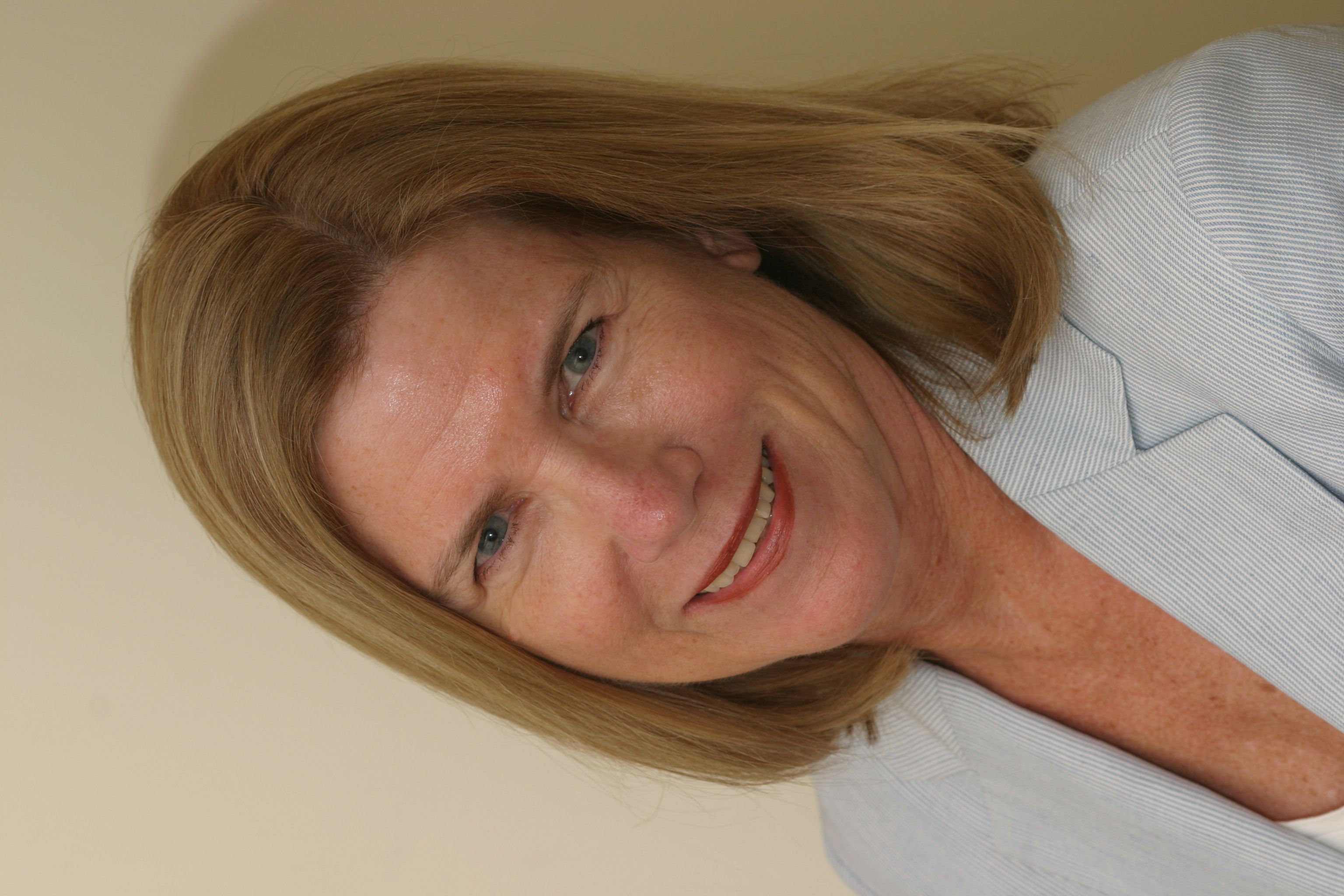- Safety & Recalls
- Regulatory Updates
- Drug Coverage
- COPD
- Cardiovascular
- Obstetrics-Gynecology & Women's Health
- Ophthalmology
- Clinical Pharmacology
- Pediatrics
- Urology
- Pharmacy
- Idiopathic Pulmonary Fibrosis
- Diabetes and Endocrinology
- Allergy, Immunology, and ENT
- Musculoskeletal/Rheumatology
- Respiratory
- Psychiatry and Behavioral Health
- Dermatology
- Oncology
Compounding may not be best option during saline shortage
The shortage of saline solution among hospitals is ongoing and doesn’t appear to be resolving anytime soon, according to a quality executive with the American Society of Health-System Pharmacists (ASHP). In addition, safety concerns make it prohibitive for hospitals to compound their own solutions.

Benjamin
The shortage of saline solution among hospitals is ongoing and doesn’t appear to be resolving anytime soon, according to a quality executive with the American Society of Health-System Pharmacists (ASHP). In addition, safety concerns make it prohibitive for hospitals to compound their own solutions.
“Compounding in an extreme emergency may be an option, but the large-scale compounding needed to meet the average hospital’s daily usage of 0.9% sodium chloride would likely overwhelm the resources of most pharmacy sterile compounding services,” said Bona E. Benjamin, director of medication use quality improvement with ASHP.
“In addition, Sterile Water for Injection and Sodium chloride 23.4% and 14.6%, components that would be typically used to compound normal saline, are also in shortage,” she said.
In response to the ongoing saline shortage, FDA said that B. Braun Medical Inc. of Bethlehem, Pa., temporarily will distribute normal saline in the United States from its manufacturing facility in Germany. FDA is temporarily exercising its discretion regarding the distribution of B. Braun’s saline product from Germany, in addition to Baxter’s saline product from Spain and Fresenius Kabi’s saline product from Norway, to help address this critical shortage, which poses a serious threat to patients.
In addition to this source of normal saline as well as B.Braun’s normal saline that is manufactured in the U.S. FDA will continue working with Baxter Healthcare Corp., Fresenius Kabi USA, LLC., and Hospira Inc. while they continue distributing their respective saline products and seek to restore their supply of normal saline for U.S. hospitals and health clinics.
“Despite these efforts, demand still exceeds current supply,” Benjamin said.
Other large-volume parenteral solutions are in short supply as well, according to Benjamin, including Lactated Ringers and 5% Dextrose Injection, and combinations. These solutions are commonly used for a variety of conditions and are critical therapy for patients experiencing imbalances in fluid and electrolytes.
“One of the challenging aspects of managing shortages is their unpredictability,” said Benjamin. “Managers might want to evaluate their critical drugs, such as those used in life support or for life-saving procedures, those used in large volumes, and those for which there are few if any therapeutic equivalents and proactively develop management strategies or backup plans to put in place if a shortage occurs.”
Benjamin offers these 3 tips for managing saline solution shortages:
1/ Maintain active purchase orders for allocated supplies
2/ Closely control inventory on hand
3/ Use strategies to conserve available supply. ASHP has developed a fact sheet summarizing examples of conservation tactics
Related
FDA Approves Pfizer’s Gene Therapy for Beqvez for Hemophilia
April 26th 2024Beqvez (fidanacogene elaparvovec) is priced at $3.5 million, which is on parity with Hemgenix, the first one-time therapy to treat adults with hemophilia B. Pfizer’s warranty will refund insurers and continue to provide coverage for patients if they change insurers.
